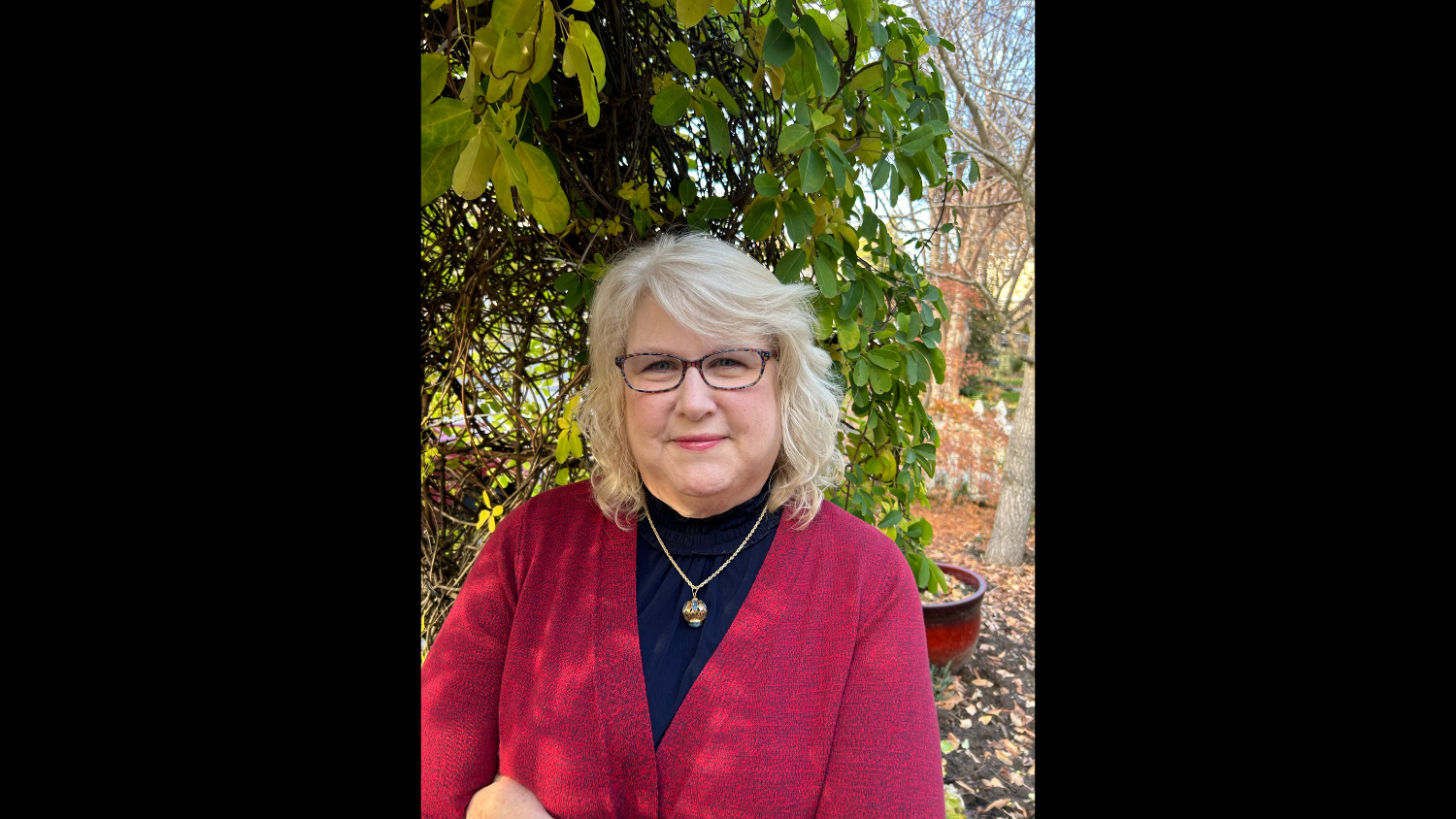Dealing with Trauma and its Aftermath
At a time when many families are adjusting to soldiers returning from combat, significant job layoffs, foreclosures on home mortgages, high rates of crime, and interpersonal violence, there is an increased demand for social workers. NC State’s Department of Social Work has increased enrollment in its undergraduate and graduate programs to meet that demand. We are preparing the next generation of practitioners to help people deal with the aftermath of trauma. Trauma is an emotional response to a terrible event that may leave the individual with intrusive memories, flashbacks and nightmares. This trauma may result from events such as combat; crime; an accident or natural disaster; and neglect, violence or abuse in one’s own home or community. Immediately after the event, shock and denial are typical. Long-term reactions include unpredictable emotions, strained relationships and even physical symptoms like headaches or nausea. While these feelings are normal, some people have difficulty moving on with their lives. They may even begin to avoid anything that reminds them of the trauma, and have anxiety that they didn’t have before. The feeling can be so intense that the person’s life is disrupted. Social workers can help these individuals find constructive ways of managing their emotions. Why is it important to understand these issues? Individuals with prolonged reactions that disrupt their daily functioning should consult with a trained and experienced mental health professional. Social workers are mental health providers who can provide psychosocial intervention and help educate people about trauma and the normal responses to extreme stressors. To assist a loved one who may have experienced trauma it is important to:
- Recognize and understand the factors involved in psychosocial adjustment following extreme disruptive events.
- Encourage them to seek comprehensive mental health services that are culturally and linguistically appropriate.
- Help them to communicate the experience/ Talk about it.
- Engage in healthy behaviors to enhance their ability to cope with excessive stress.
- Establish or reestablish routines such as eating meals at regular times and following an exercise program.
- Avoid major life decisions such as switching careers or jobs, if possible, and other activities that tend to be highly stressful.
On March 21, 2012, the NC State Department of Social Work’s annual spring symposium will focus on trauma. Healing in Broken Places will address trauma experienced by five of the populations most impacted in our region. These include veterans, Latino immigrants and those affected by addiction/alcohol and drug dependency, incarceration, domestic violence and sexual assault. The keynote speaker will be Lynn Sanford, a renowned trauma specialist from Simmons College in Boston. Editor’s Note: This is a guest post by Karen Bullock, associate department head in NC State’s Department of Social Work, which is hosting a symposium on trauma for social workers and those in related fields. This post first appeared in NC State’s research blog, The Abstract.
- Categories:


